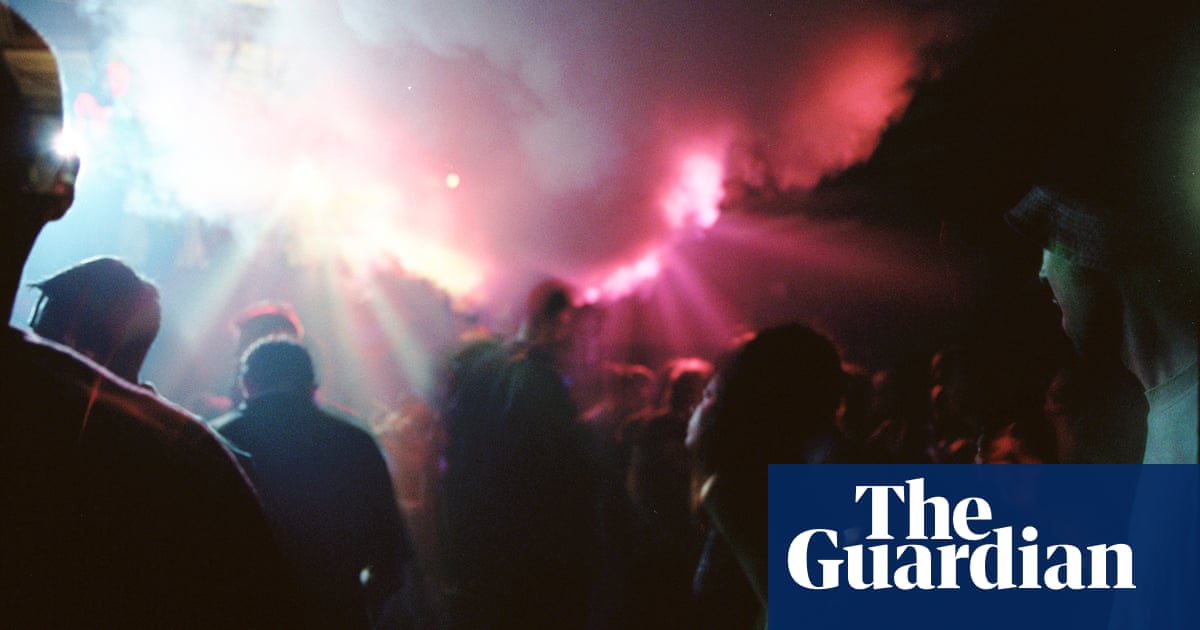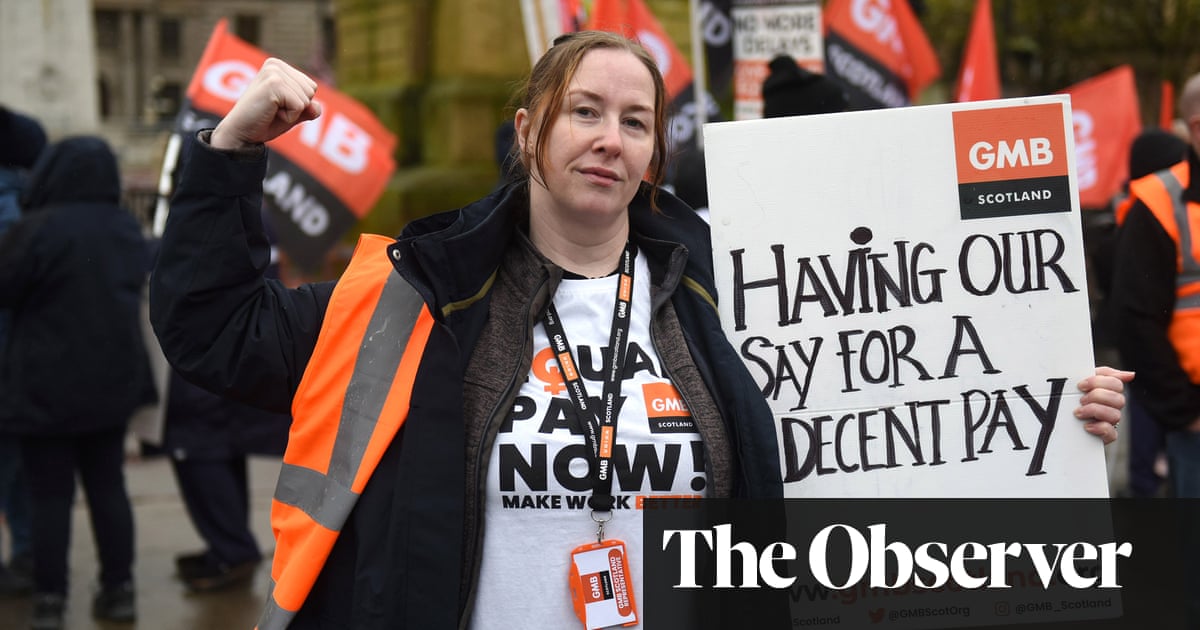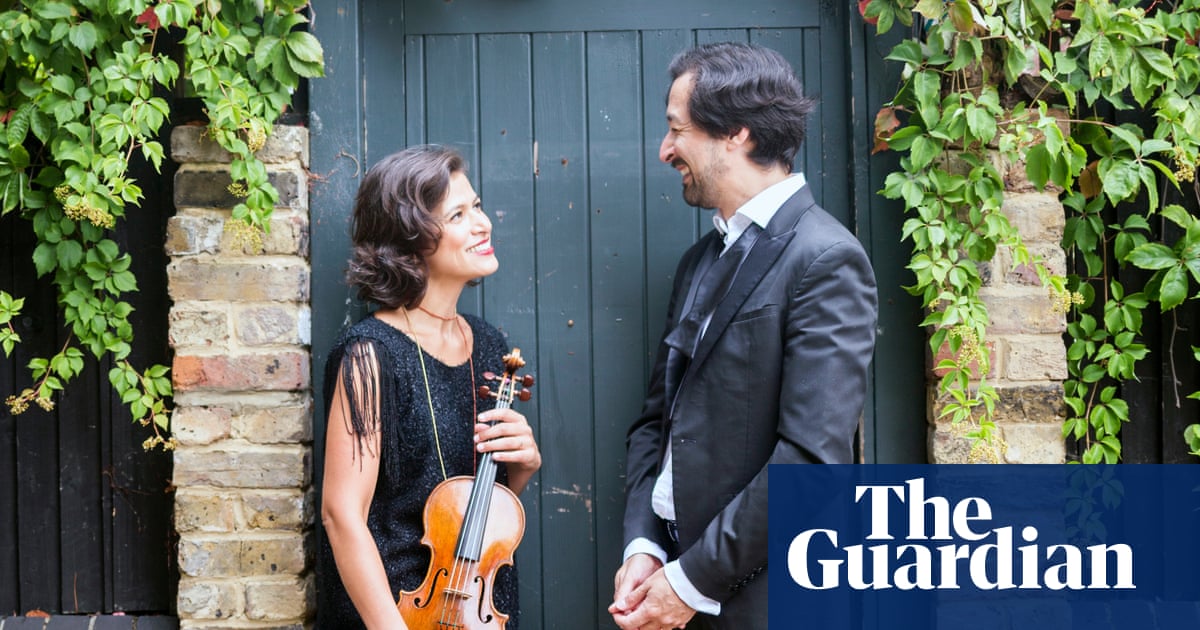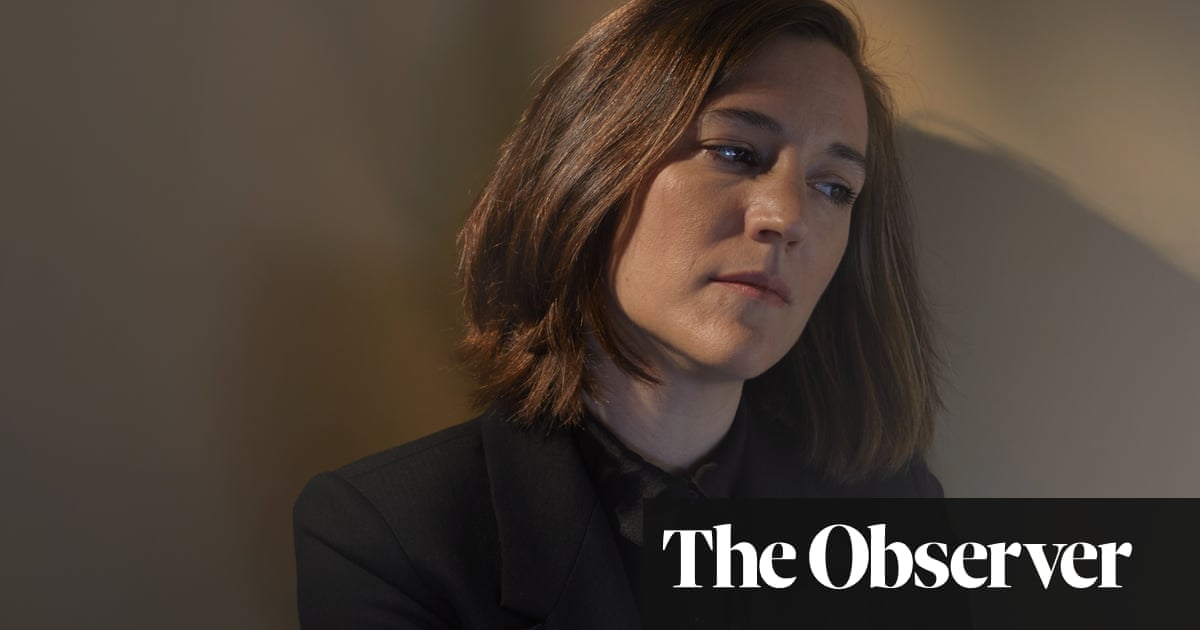
Rhiannon Lucy Cosslett’s article about 2000s misogyny and rape culture strongly reminded me of my own experiences as a young student at a Russell Group university between 2004 and 2008 (The 2000s lad culture that Russell Brand epitomised wasn’t funny then. It looks even more hideous with hindsight, 21 September).
It was rare to have a night out without being groped by multiple men. During freshers’ week, I was sexually assaulted on a packed dancefloor. My first boyfriend was an emotionally and physically abusive gaslighter, who used to body-shame me. In my final year, living in a flat of boys was an incredibly grim education in how some men speak about and treat women (one of them referred to women as “slits”).
I had sexual encounters where previous consent was taken advantage of for activities that I had not consented to.
When I speak to other women the same age as me, my experiences are far from unique. I now have a three-year-old daughter, and the thought of her encountering any of these things fills me with horror and rage.
Name and address supplied
Does Rhiannon Lucy Cosslett think that things were any better for women who grew up in the 1960s, 70s, 80s and 90s? Or for my mother’s generation in the 1930s-50s? The media may have been different, but the attitude to rape victims was appalling in the mainstream press, police and courts, and the misogyny and mocking of women was as appalling from the TV comics.
Being at a mixed-sex school was pretty humiliating for girls too, from groping to boys teasing about breasts and menstruation. No teacher or parent confronted or sought to counsel the boys. Let’s have some awareness of the bigger picture here – of misogynist culture and treatment of women, and why it’s gone on through the decades.
Caroline Staley
London
I am in my 50s, not my 30s. Everything Rhiannon Lucy Cosslett says was true of the mid- to late-1980s. I worked in a pub at the age of 18, which was full of young men getting drunk on “lager tops”. I faced relentless sexual harassment as these young men took bets on how long it would take to make me cry – they did it with all the new female bar workers, they told me. Despite being locked in the cellar while I changed a barrel and having what seemed like the whole lot of them banging on the door, singing Like a Virgin and refusing to let me out, I didn’t cry. One of them drunkenly congratulated me on passing their appalling little test and I actually remember feeling rather proud.
A few years ago, while taking a personal, social, health and economic lesson with some sixth-form boys, I shared this story. Only when I saw the looks of horror on their faces did I realise that the worst thing about the experience was not the sickening misogyny. It was my acceptance of it at the time as the norm. I felt trapped, humiliated and angry, but didn’t feel able to question it or speak about it. Being the target of sexist “jokes” was so pervasive, it was just part of being a woman.
I went home that evening and wept for my 18-year-old self. And I weep now for all the women, regardless of their age, who look back in shock and sadness at their younger selves being demeaned and bullied by lad culture.
Helen Wolffe
London












